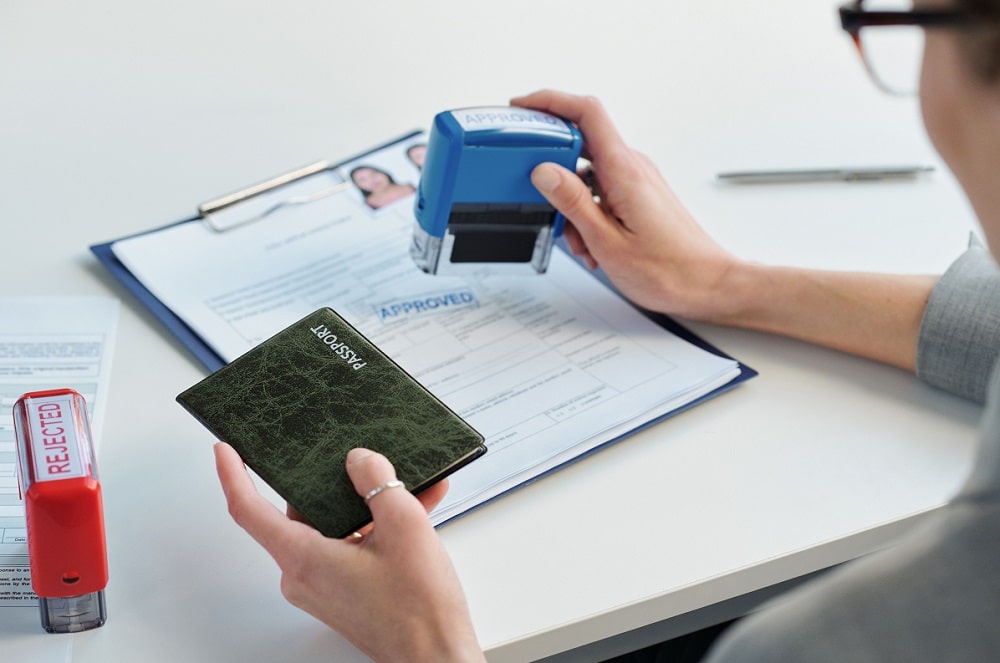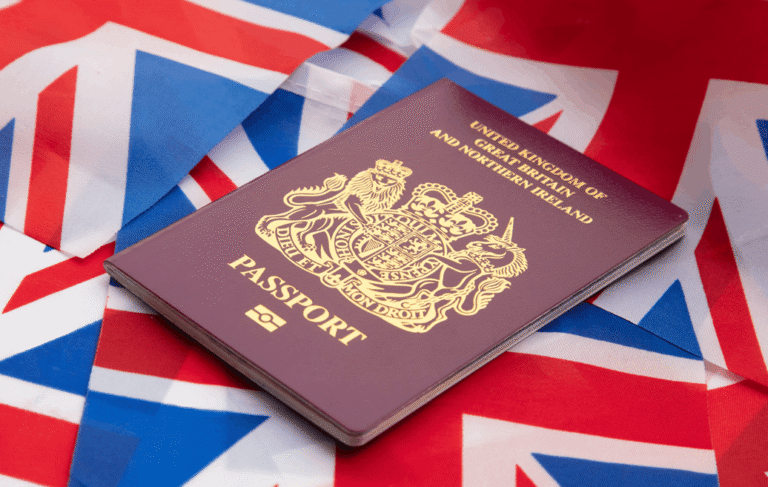Global Talent vs. Innovator Founder: analysis and challenges

Introduction
As the United Kingdom redefines its immigration landscape after Brexit, two visa categories have emerged as central pillars of its ambition to attract the “brightest and best”: the Global Talent Visa and the Innovator Founder Visa.
Both are designed to encourage exceptional individuals to contribute to the UK’s economy, research, and innovation ecosystem, yet they do so through fundamentally different philosophies. This article explores the practical differences between these two pathways and analyses the main challenges applicants face under each.
The Global Talent Visa
The Global Talent Visa (GTV) targets individuals who are already leaders or show exceptional promise in fields such as science, engineering, digital technology, and the arts. Applicants can qualify either through:
- Endorsement by an approved body (e.g. UKRI, Arts Council England, Tech Nation’s successor organisations), or
- Automatic eligibility through a prestigious international award (e.g. Nobel Prize, Academy Award, Turing Award).
Once endorsed, Applicants may live and work in the UK without sponsorship, change employers freely, or engage in self-employment. The visa can last up to five years, with eligibility for indefinite leave to remain after three or five years depending on the endorsement type. It is ideal for individuals who value flexibility and independence, as it allows them to contribute to the UK economy in whatever capacity they choose.
However, the bar for entry is high. Endorsements demand strong evidence of international recognition, peer support, and proven impact. Even highly skilled professionals struggle to meet the strict endorsement standards.
One real case that illustrates the strictness of the endorsing body involves a highly talented individual with an impressive portfolio and over five years of experience in his field. He was only accepted by the endorsing body after several attempts to appeal the decision and reapply. The main challenges this applicant faced were related to the OC1 and OC3 criteria. Under these criteria, it is essential to demonstrate innovation in the field and to show that the applicant has made significant contributions. The Home Office takes a rather stringent approach when assessing these criteria, and their decisions can sometimes feel subjective due to varying interpretations of what constitutes true innovation and meaningful contribution.
For applicants who find global recognition hard to demonstrate, the Innovator Founder Visa may seem a more accessible alternative.
The Innovator Founder Visa
The Innovator Founder Visa (IFV), launched in April 2023, replaced both the Innovator and Start-up routes. It targets individuals with innovative, viable, and scalable business ideas that can contribute to the UK economy.
Unlike its predecessor, it removed the £50,000 minimum investment requirement and instead focuses on the quality and potential of the business plan. Applicants must obtain an endorsement from one of several government-approved endorsing bodies (such as Envestors, UK Endorsing Services, or Innovator International).
Despite its progressive aims, the Innovator Founder Visa remains one of the most demanding UK immigration routes.
The first challenge lies in securing endorsement. Only a small number of authorised organisations assess applications, and each uses its own standards and fees. Business plans are evaluated for innovation, viability, and scalability, but many are rejected for lacking originality or realistic growth potential. The process can be expensive — often exceeding £1,000 — and feedback from endorsers is usually limited.
Applicants also face stringent business plan requirements. Endorsing bodies expect investor-level documentation with clear market analysis, financial forecasts, and growth strategies. Although the £50,000 investment threshold was removed, most endorsers still expect proof of funding or a credible route to profitability. Sectors such as technology and fintech are favoured, leaving social or creative enterprises at a disadvantage.
Once endorsed, founders must comply with regular monitoring at 6, 12, and 24 months to prove their progress. Failure to meet milestones can lead to withdrawal of endorsement and visa. This oversight, combined with restrictions on taking outside employment, creates financial pressure for early-stage entrepreneurs.
Comparison: Two Paths to Innovation
- The distinction between the two visas lies primarily in what they value. The Global Talent Visa celebrates achievement already demonstrated. It is suited for those who have established reputations and proven expertise. The Innovator Founder Visa, by contrast, celebrates innovation in progress, an innovative idea that can be scalable. It is designed for entrepreneurs willing to turn ideas into reality.
- While both require endorsement, the Global Talent process is reputationally oriented, focusing on individual recognition, whereas the Innovator Founder route is commercially oriented, focusing on market potential and execution. Artists, researchers, and technologists with visible portfolios may find the GTV more accessible, while business-minded applicants may prefer the IFV’s entrepreneurial scope.
Conclusion
Both the Global Talent and Innovator Founder visas reflect the UK’s ambition to position itself as a global centre for innovation. Yet they embody different philosophies: one rewards excellence achieved, the other nurtures innovation yet to come.
Despite the difficulty of obtaining endorsement, both routes offer substantial rewards: autonomy, long-term residence, and the opportunity to shape the UK’s knowledge and innovation economy. The true challenge lies not only in qualifying for these visas but in transforming opportunity into impact once granted.





